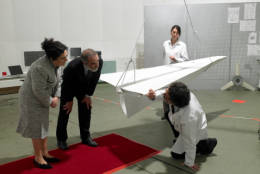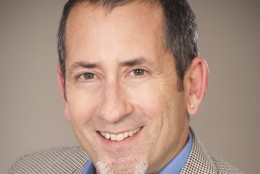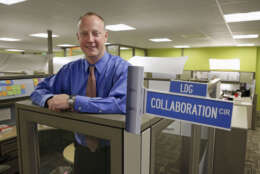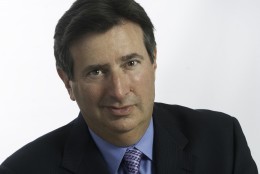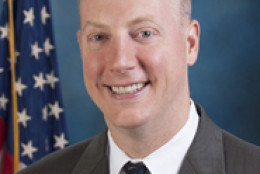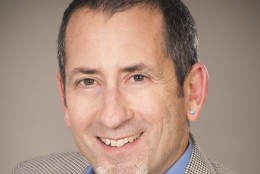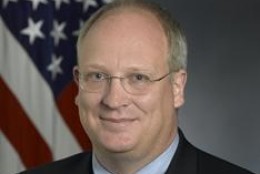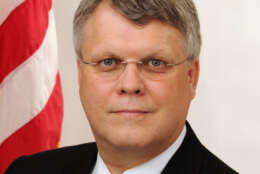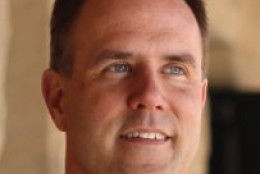innovation
Megan Mahle, business operations manger for the cybersecurity division of the Department of Homeland Security's Science and Technology Directorate, joins host Derrick Dortch to discuss the mission of the organization. October 21, 2016
October 20, 2016-
The Pentagon’s startup-style outfit for reaching out to innovative companies may have cracked the code for speeding up DoD’s famously ponderous acquisition system.
October 17, 2016 -
For data-driven problem-solving to have continuing impact, it has to be baked into the bureaucracy.
October 07, 2016 -
CMS is currently working on an innovative approach to health care spending, called the accountable care initiative. The idea is to coordinate care within accountable care organizations in order to provide better patient outcomes and quicker recovery times, while reducing the number of admissions and re-admissions.
September 29, 2016 -
Defense Secretary Ash Carter is planting so-called innovation centers all over. First came San Jose, then Boston and now, Austin Texas. Is he overdoing it? Will these DIUXs produce tangible results? And what do they mean for companies in the D.C. region. For some possible answers, Federal Drive with Tom Temin turns to Jonathan Aberman, chairman of Amplifier Ventures.
September 27, 2016 -
Few places match the pace of innovation in health care found at the Centers for Medicare and Medicaid Services. Dr. Patrick Conway, the deputy CMS administrator for innovation and quality and its chief medical officer, tells Federal Drive with Tom Temin size and scope of CMS.
September 26, 2016 -
DIUx is panning for diamonds. The Pentagon may not really need this elaborate apparatus.
September 16, 2016 -
Health care is one of the biggest ticket items in the U.S. Plus its the focus of endless research and development. How can it innovate? Federal Drive with Tom Temin spoke to David Duncan, senior partner at the growth-strategy firm, Innosight, and author of a book on innovation, Competing Against Luck, about what constitutes health care innovations besides or within new drugs, new techniques and new methods of payments.
September 16, 2016 -
Agencies have a hard time achieving innovation. Now the innovation committee of the Professional Services Council has come up with one step federal agencies can take to improve their ability to innovate. Dave Wennergren, executive vice president at the Council, shares the latest on Federal Drive with Tom Tem
September 15, 2016 -
The Department of Health and Human Services stood up its Idea Lab in 2013 to establish and build on a culture of innovation within the department.
September 14, 2016 -
The next president, in order to hit the ground running during his or her first 100 days, will need a strategy for keeping the federal workforce's innovation projects from losing momentum.
August 17, 2016 -
Through HHS’ Entrepreneur-in Residence program and Transportation’s chief innovation officer, these agencies are among the few that are committing resources and people to thinking differently about problems and challenges.
July 28, 2016 -
A new VA center seeks emerging therapies to enhance veterans’ physical and mental well-being.
July 27, 2016 -
Wiggle in with program people early in the acquisition cycle so that contracting officers know exactly what it is the program needs or is trying to do.
July 25, 2016 Brian Roach, Doug Ross and Michael Clark with SAP join host John Gilroy to discuss how innovation can help federal agencies improve IT systems and save money. July 12, 2016
July 11, 2016

